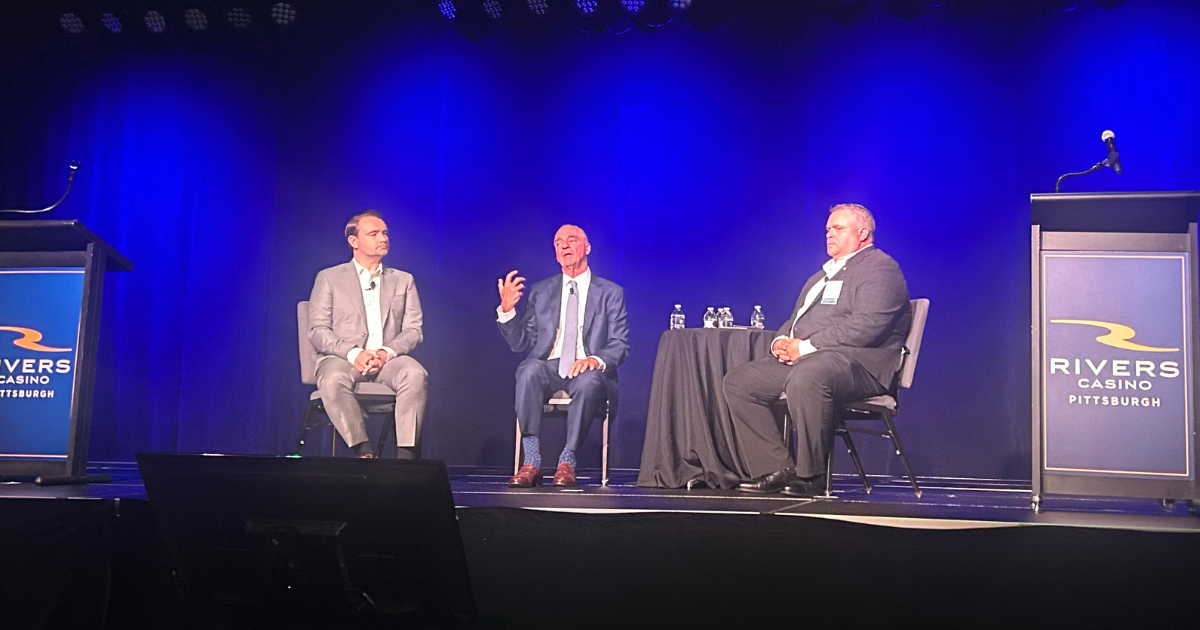Talk: "Founder-Friendly Really Means Isolation" at ACFE
Exploring how “founder-friendly” partners, isolation, and a lack of organizational controls can set the stage for disaster - and what we can all do to prevent it.

The startup universe has turned "founder-friendly" into a virtue.
It's what every incubator, angel, and VC strives to be known for. They believe it's a selling point, a badge of honor.
But more often than not, "founder-friendly" is just a euphemism for "we won't ask tough questions" and "we won't interfere."
Under the guise of that "support," what founders actually get is silence. No feedback loops. Little accountability. No one to reality-check the narrative founders are spinning for stakeholders (and themselves).
That silence creates the perfect conditions for dangerous psychological isolation, the kind where a founder is surrounded by people but deeply alone in the decisions that matter most.
What I Shared with ACFE
In my own failed startup story, we had momentum and signals that any early-stage startup would want: we raised from respected investors, earned placement in reputable incubators and accelerators, earned press, released a quality mobile app, went to the big conferences, and generally, did the startup dance.
And the more our story grew, the more hands-off people became.
I'd like to think our stakeholders were acting out of deference, and that nobody wanted to be the one to slow us down, so they never pushed on things like organizational guardrails.
But reality is that I don't think anybody wanted to kill the vibe with tough questions.
Because in their view - thanks to my own hubris and overconfidence - we were winning.
Except we weren't.
Behind the scenes, the pressure to grow and continue raising capital was increasing rapidly.
In response, I started to massage the story and narrative with those around the table. I started making poor choices with every justification you can think of: "that pilot will renew," "we're close to signing that deal," "that's not accurate but we'll catch up," and most dangerous of all, "everybody does this."
That flawed line of thinking was a symptom of isolation. There was no pushback, no counterweight, no one around who was willing to say, "hold on, that doesn't add up."
The result wasn't one big implosion, it was a slow burn of rationalized shortcuts and eventually, a fire I couldn't put out.
This founder-friendly environment isn't coddling founders, it's abandoning them. Support without scrutiny isn't support, it's neglect disguised as belief. And we can all do better.
Because left alone long enough, with enough desperation, even founders with the purest of intentions will start to mistake narrative for truth.
That's the danger of isolation: it creeps in under the banner of autonomy, empowerment, and freedom. It looks like trust and feels like belief.
But unchecked belief can become delusion and catastrophe.
This talk, which is part of my work on the patterns of startup failure, was delivered at the ACFE Pittsburgh Annual Conference in May 2025 and virtually to the ACFE New Jersey chapter in June 2025.
Thank you to Bernie Rafferty, Linda Marmora, Megan Tripodi, and the rest of the ACFE Pittsburgh and ACFE New Jersey for their hospitality and support.